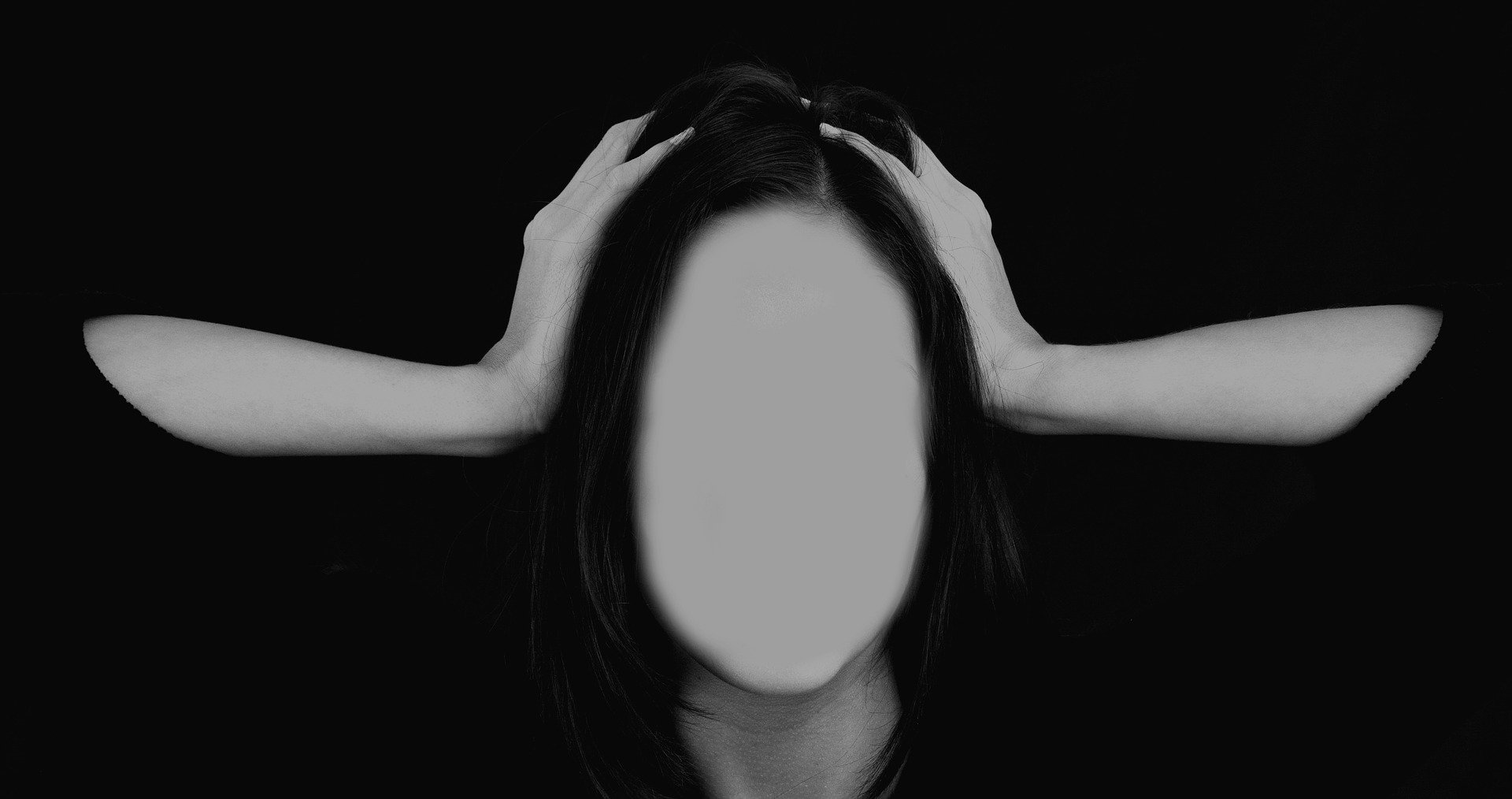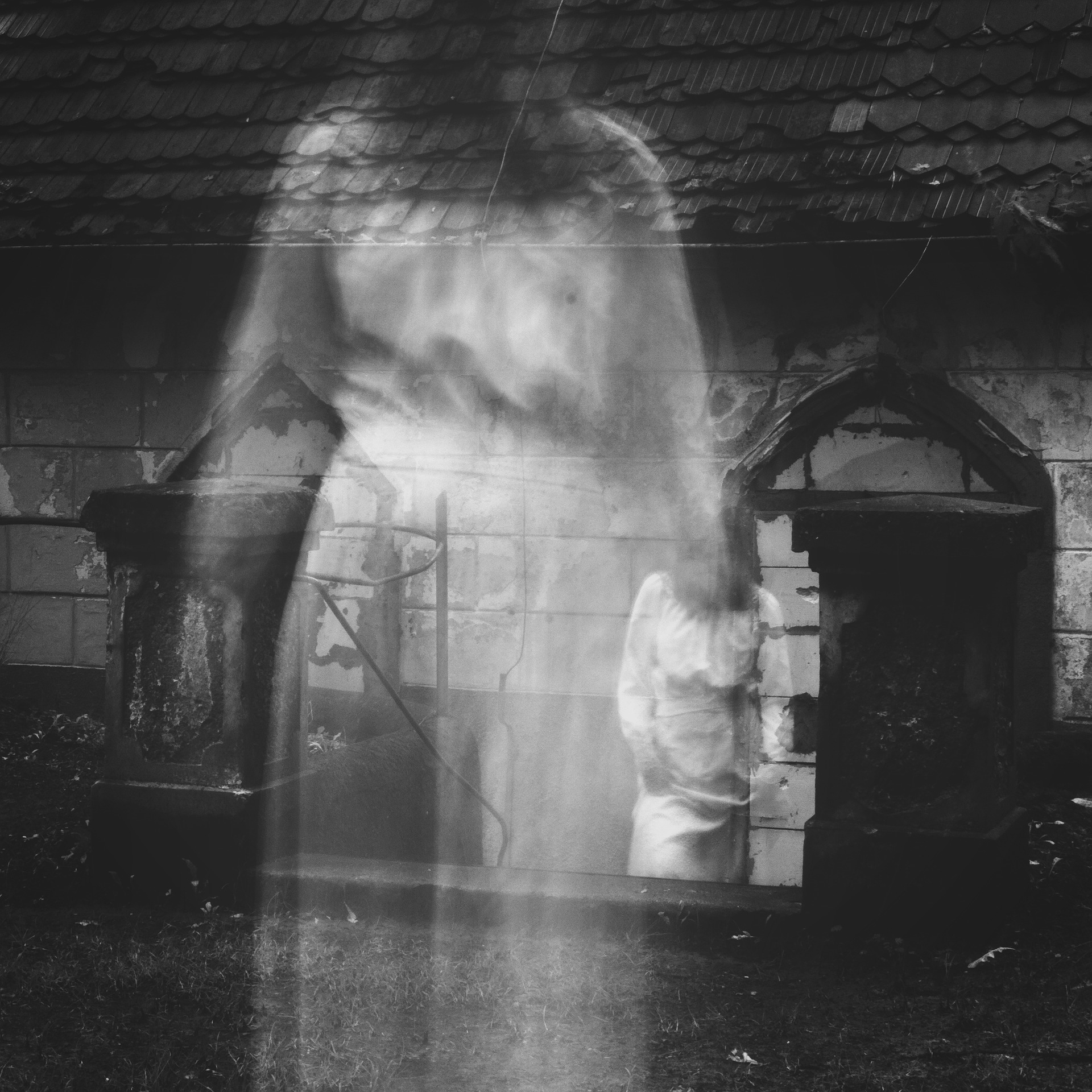Aderonke is a 17 years old SS2 student who lives close to her school, but stopped coming to school some weeks ago because she has been behaving strangely. At home, she would sometimes laugh loudly for no reason, and at times she would claim to be hearing voices of people planning to kill her or people walking in the ceiling. Because of this, she keeps trying to run out of the house and her parents had to stop her. A few days ago she stopped talking or eating and has been sitting or standing in one position for a long time.
Commentary:
Aderonke's specific problem was psychosis...
What is psychosis?
Psychosis is a mental health conditions in which a person has lost some contact with reality. There are severe disturbances in thinking, emotion and behavior. Psychosis can severely disrupt a person's life, relationship, work and other usual activities, and self-care can be difficult to initiate or maintain.

People usually experience psychosis in episode. An episode can be involve the following phases, which vary in length from person to person:
Premorbid (at risk phase):
the person does not experience any symptoms but has risk factors for developing psychosis.
Prodromal (becoming unwell phase):
the person has some changes in their emotions, motivation, thinking and perception or behaviour. The prodrome cannot be diagnosed and is only identifiable in retrospect. During the prodromal phase, it may be unclear whether the person is developing a psychotic disorder or another more common mental illness.

Acute (psychotic phase):
This simply mean the person is unwell with psychotic symptoms such as delusions, hallucinations, disorganized thinking and inability to maintain social relationships.
Recovery:
this is an individual process the person goes through to attain a level of well-being.
Relapse:
the person may only have one episode in their life or may go onto have other episodes.
Know common signs and symptoms when psychosis is developing:
- Changes in emotion and motivation
- Changes in thinking and perception
- Changes in behaviour
Understanding major symptoms of psychotic episode these include:
Delusions: These are false beliefs, for instance, if a psychotic person named Obama has a delusion that he is God, he will not be dismayed by his inability to perform miracles. There are different types of delusion these include: depressive delusion, somatic delusion, delusion of grandeur, delusion of influence, delusion of persecution, delusion of reference.

Hallucinations: These are false perceptions (primarily visual and auditory, but sometimes tactile and gustatory) of things aren't actually present.
Thinking difficulties: There may be difficulties in concentration, memory, and ability to plan. These make it more difficult for the person to think abstractly, and communicate well to other people.
Disturbed or inappropriate emotions: The person does not react to the things around them or reacts inappropriately. For examples, the person might speak in a monotone voice; lack of facial expressions or gestures, lack of eye contact or reacting with anger or laughter may be present.
Social withdrawal: The person may withdraw himself from contact with other people, it could be family or close friend.
What causes the problem
It is believe that psychosis is caused by a combination of factors including genetics, biochemistry and stress.
Biological factors could be genetic vulnerability. There could be changes in the brain dysfunction in the neurotransmitters. Drug or stress used may trigger psychotic symptoms in the vulnerable people.
Let's considered the treatment available for psychosis:
There are two aspects to professional help for psychosis that need to be considered. The first is medication and the second is treatment to improve outcomes and maximise quality of life.

- Medication is essential to the management of a psychotic illness. Different psychotic illnesses require different medications. It is not realistic to expect to manage a psychotic illness without medication. A psychotic patients should work with mental health professionals to determine the best medications to effectively manage the illness with a minimum of side effects. A young person who is experiencing severe psychosis may be benefit from a short stay in the hospital to get back on tract.

Mental health professionals may be able to help improve quality of life by helping the young person to learn to accept their illness, facilitate good employment or education opportunities and help to maintain good family and social relationships. They may also be able to provide psychoeducation to the young person and their family to promote good understanding and illness management strategies.
The pattern of recovery from psychosis varies from person to person. Some people recover quickly with intervention while others may require support over a longer period. It takes number of months for a person to be recovery from the first episode If symptoms persist, the recovery process may be prolonged. Some people experience a difficult period lasting for months or even years before effective management can take place.
Importance of early intervention for psychosis
Early intervention for people with psychosis is important in the sense that research has shown that the longer the delay between the onset of psychosis and the start of treatment, the less likely the person is to recover.
What would happen if I delayed the treatment?
There is no doubt that the consequences of delayed the treatment will result to:
- Poorer long term functioning
- Increased risk of depression and suicide
- Slower psychological maturation and slower uptake of adult responsibility
- Strain on relationships with friends and family and subsequent loss of social supports.
- Alcohol abuse
- Loss of self-esteem and confidence.
- Greater chance of problems with the law.
- Disruption of study.
That's a very terrible condition 😴
Thanks for taking the time to explain this to us
I hope that we can all take good care of ourselves by limiting the amount of activities that stresses us out everyday so that we wouldn't be exposed to diseases such as these
Congratulations @judicious! You have completed the following achievement on the Hive blockchain and have been rewarded with new badge(s) :
Your next target is to reach 300 upvotes.
You can view your badges on your board and compare yourself to others in the Ranking
If you no longer want to receive notifications, reply to this comment with the word
STOPTo support your work, I also upvoted your post!